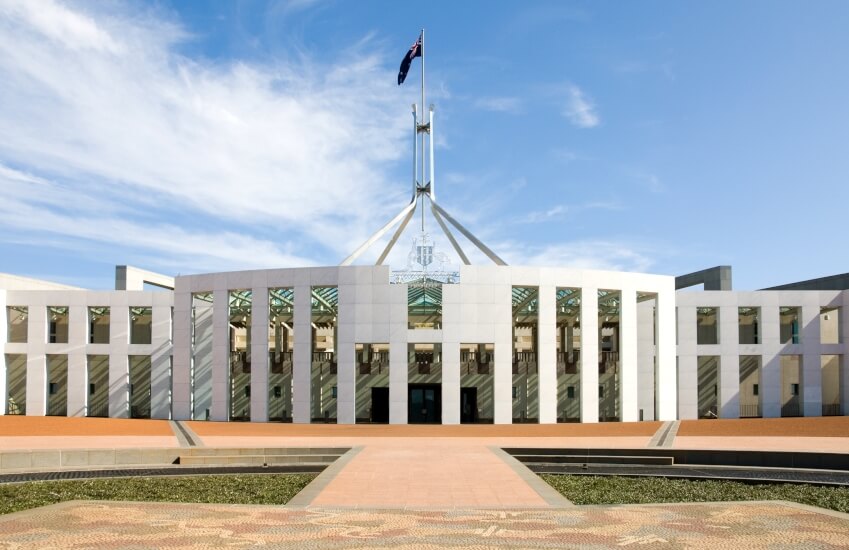Treasury Laws Amendment (Recovering Unpaid Superannuation) Bill 2019 has now been passed by the lower house without any amendments, and will now be debated in the Senate.
The SG amnesty provides for a one-off amnesty to encourage employers to self-correct historical SG non-compliance dating from 1 July 1992 to 24 May 2018.
You’re out of free articles for this month
It will allow employers to claim tax deductions for payments of SG charge or contributions made during the amnesty period to offset SG charge, as well as remove the administrative component and the Part 7 penalty that may otherwise apply in relation to historical SG non-compliance.
The new bill will also impose minimum penalties on employers who fail to come forward during the amnesty period by limiting the commissioner’s ability to remit penalties below 100 per cent of the amount of SG charge payable.
‘Don’t hold off’
ATO deputy commissioner James O’Halloran had earlier told the PwC Payroll Managers Forum that employers should not hold off from disclosing past SG non-compliance in anticipation of the SG amnesty.
“We understand some employers may be ‘holding off’ lodging an SGC statement in anticipation of the amnesty,” Mr O’Halloran said.
“We advise them not to do this as the law requires them to lodge the SGC; if they hold off and they’re notified we’re examining their affairs, they won’t be eligible for the amnesty; and if they lodge now and the law is passed, in its current form it is retrospective.”
Since the announcement of the proposed amnesty on 24 May 2018, 7,000 employers have since come forward to voluntarily disclose.
Mr O’Halloran stressed that the Tax Office would continue to administer the law in its current form before the bill is passed.
“Pending passage of the law, we’ll continue to process disclosures made by employers lodging SG charge statement (SGC) in accordance with current law as well as our ongoing SG audit work,” he said.
“The SGC includes a liability for the mandatory administration component of $20 per employee per quarter for SCG statements lodged.
“If the amnesty becomes law, we’ll update with instructions for employers who are yet to disclose, explaining how they can apply.”
Jotham Lian
AUTHOR
Jotham Lian is the editor of Accountants Daily, the leading source of breaking news, analysis and insight for Australian accounting professionals.
Before joining the team in 2017, Jotham wrote for a range of national mastheads including the Sydney Morning Herald, and Channel NewsAsia.
You can email Jotham at: This email address is being protected from spambots. You need JavaScript enabled to view it.

 Login
Login







